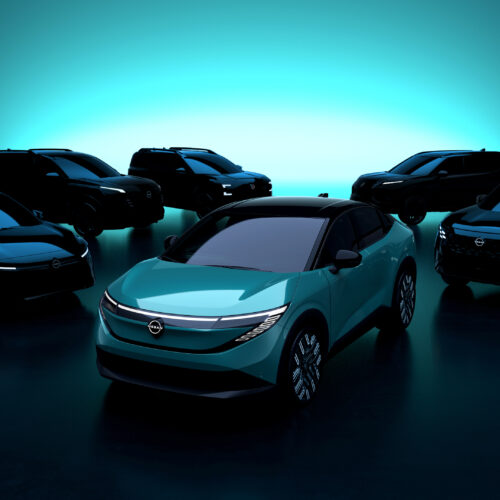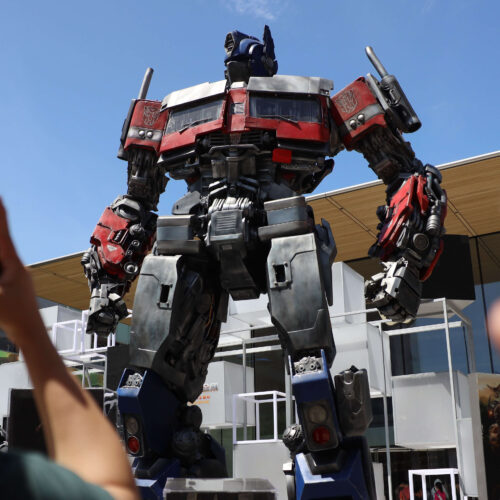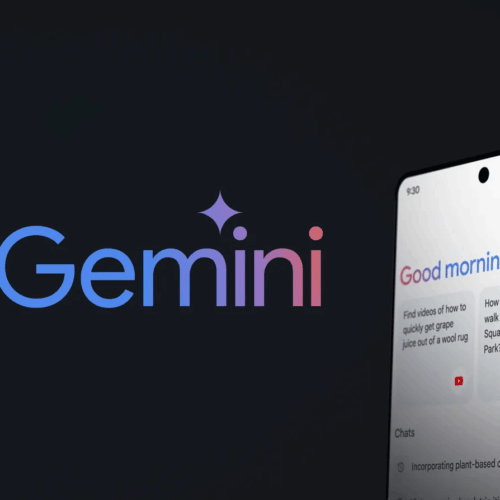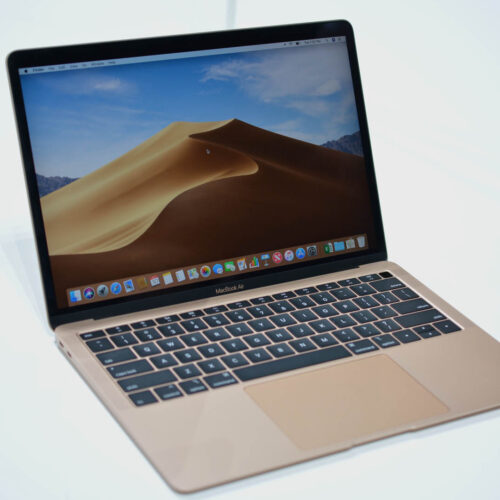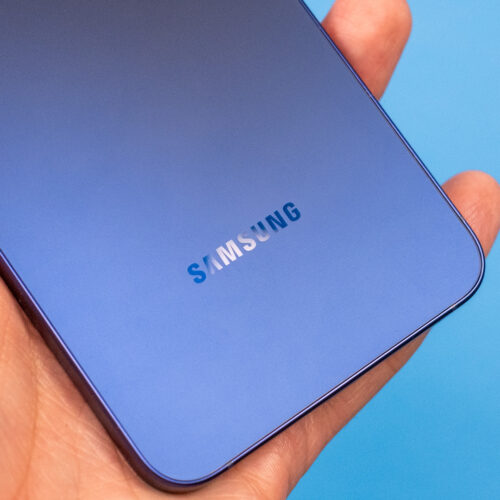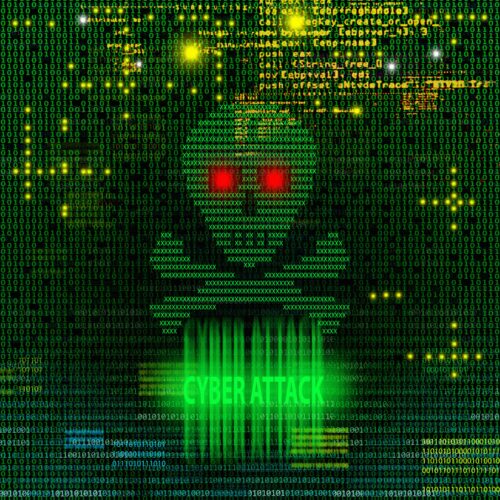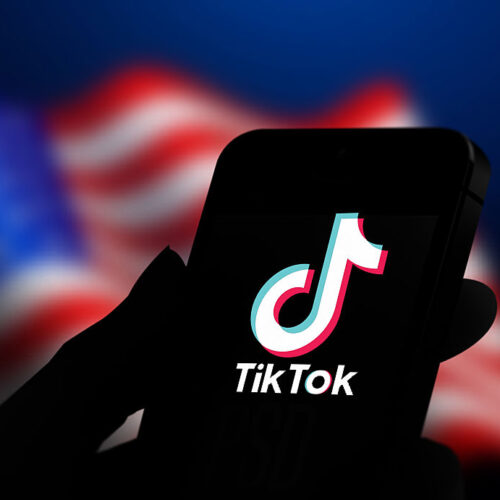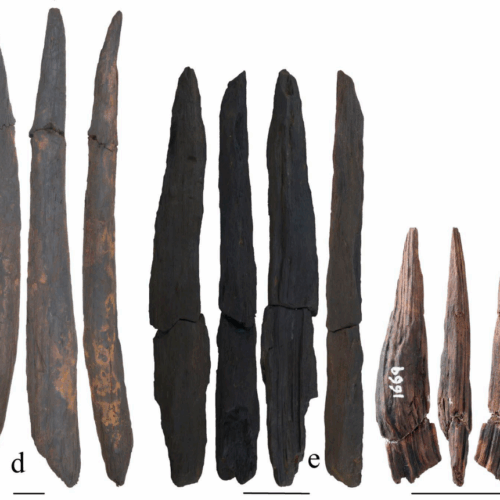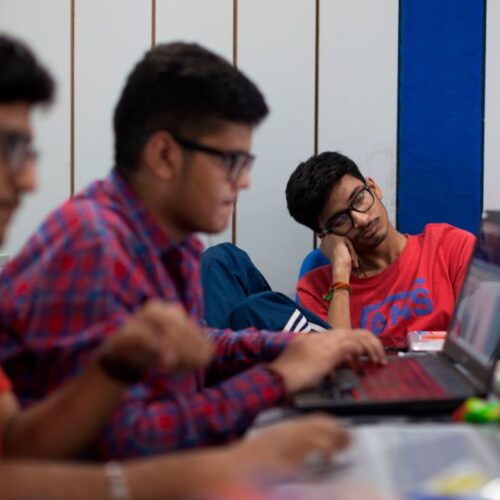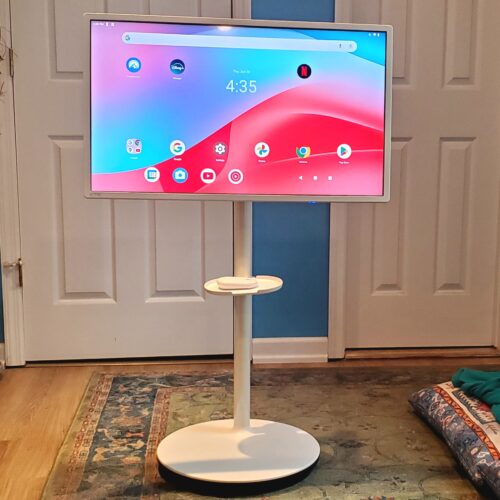Nissan feels the effect of US-China trade war
Nissan's third-generation Leaf sounds like it will be quite the attractive electric vehicle. Smaller but more spacious than the car it will replace later this year, it should be more efficient and at last feature proper thermal management of the battery. But now it seems that Nissan will build fewer Leafs than it planned, thanks to Chinese restrictions on the export of certain rare-earth elements that are critically important for electronics and electric motors.
The export restrictions mean a lack of spare parts for the Leaf, according to Reuters, and that means Nissan is reducing the output of its factory in Japan that is building the new car. Fellow Japanese automaker Suzuki had to suspend production of one of its models earlier this year as a result of the Chinese ban.
China began restricting exports of rare earths in April in response to the global trade war started by President Trump. Currently, US automakers and manufacturers are allowed to apply for export licenses that are good for six months, no more.


© Nissan
